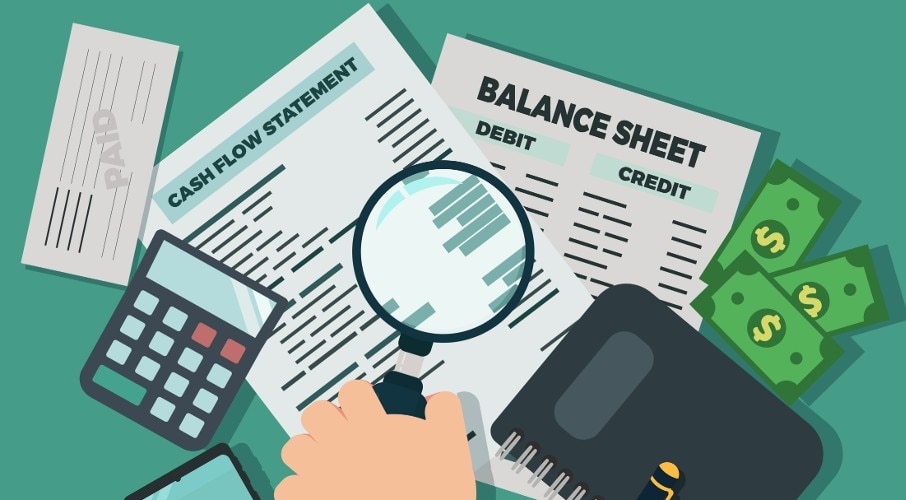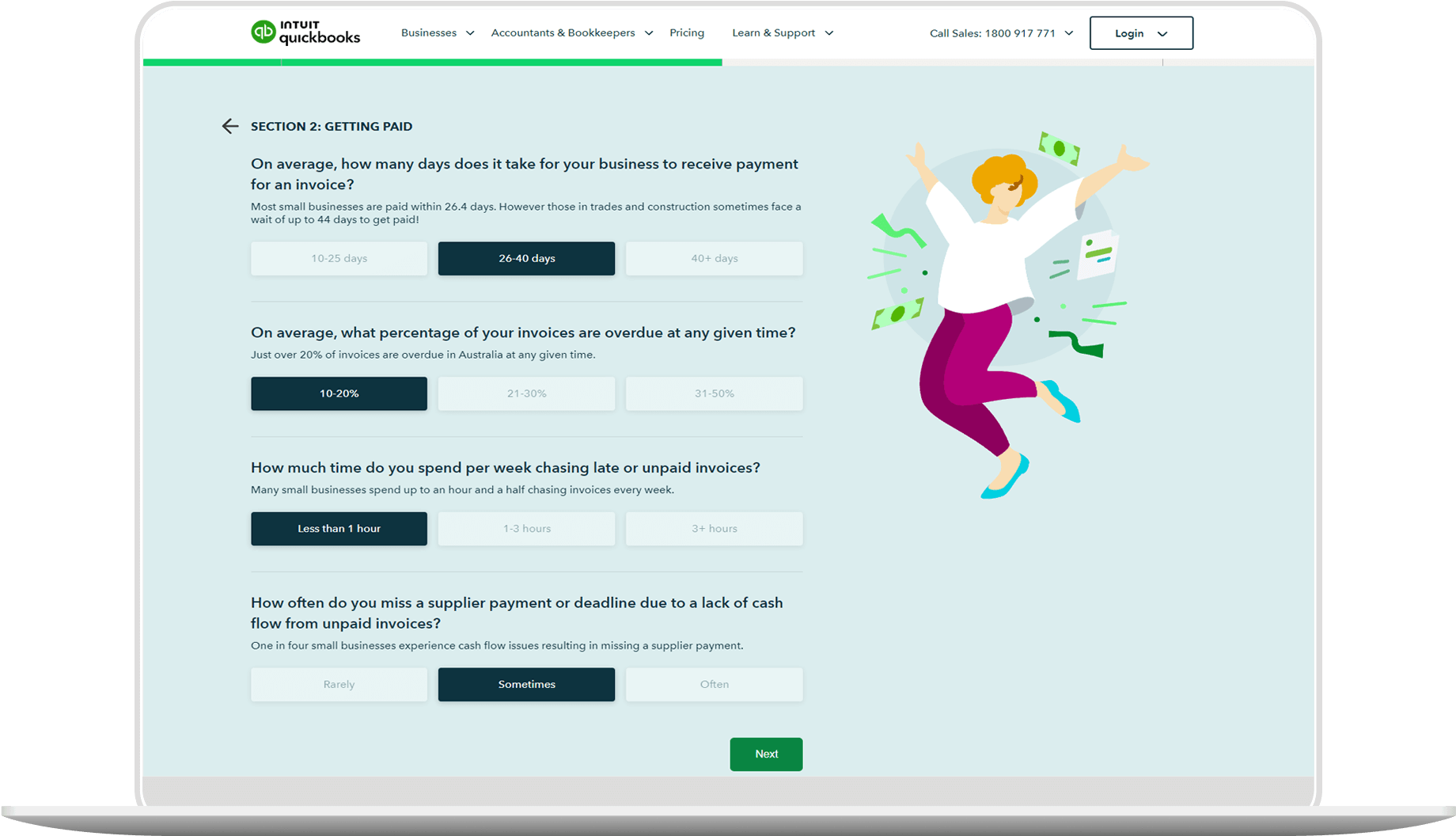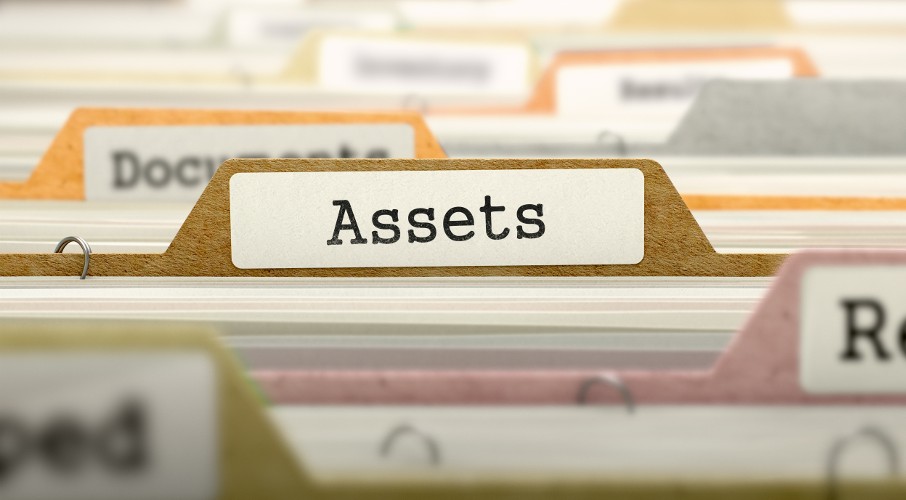When you own a small business, cash balances are critical to meeting liquidity needs. But cash balance and net cash flow can be challenging to manage because of the various decisions you must make regarding the cash.
For this reason, many entrepreneurs make the mistake of neglecting it and focusing on what they’re good at, hoping it will fix the issue. However, this will only worsen your cash position.
You must face your problem head-on if you want to solve it. Read this article to discover what a cash balance is, how to calculate it and why a cash balance is an essential part of your business’ success.




















